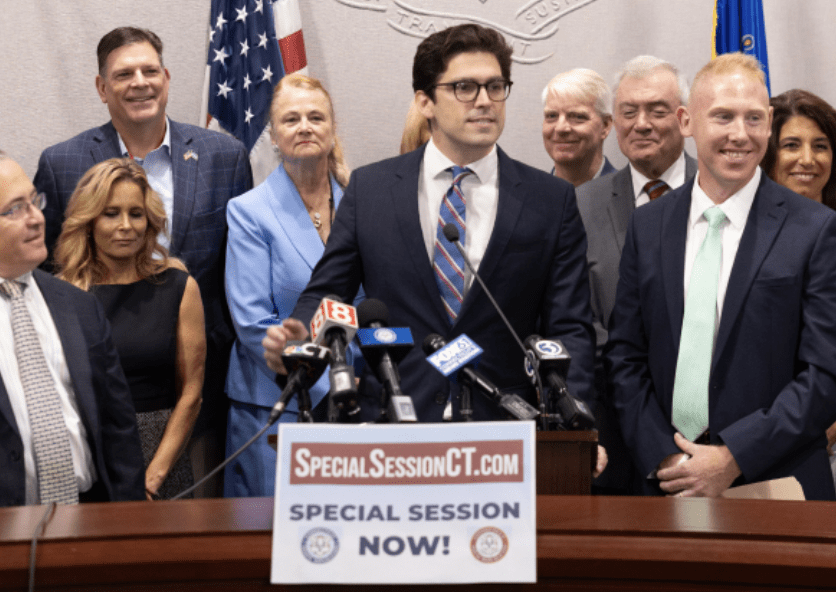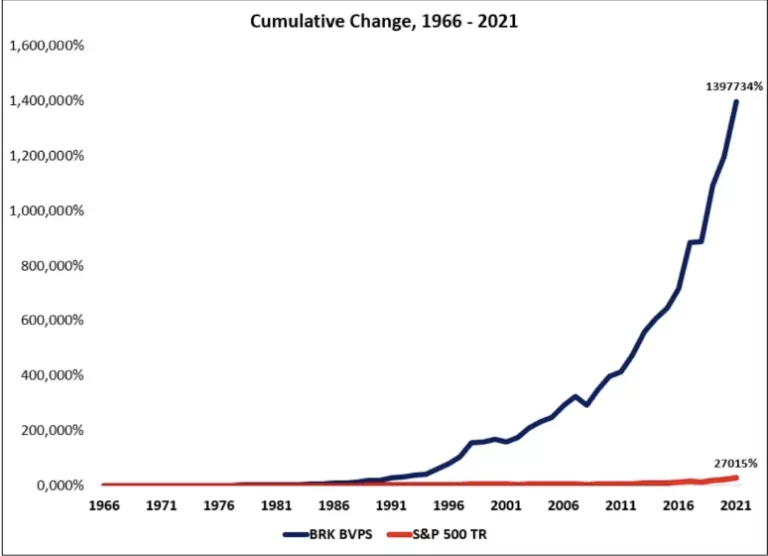
Governor Ned Lamont met with State Senator Ryan Fazio and three other key legislators on Wednesday to address the pressing issue of the state’s increasing energy costs. Both leaders acknowledged the complexity of the crisis and underscored the importance of bipartisan cooperation to bring about meaningful reform that could ease the financial burden on Connecticut residents.
After the meeting, Governor Lamont stressed that there were no simple or quick fixes to the problem but emphasized the need for continued collaboration. “We all acknowledge that there is no easy, short-term solution to this complex problem, but we need to collaborate and enact reforms,” Lamont said. His administration is focused on addressing the underlying supply and demand issues in the state’s energy sector by exploring ways to increase energy generation and improve efficiency.
Senator Fazio emphasized the urgent need for action. “Connecticut residents are feeling the pain of these high costs,” Fazio remarked, citing his personal interactions with constituents across the state. “People are hurting, and so they need leaders to step up and act. State policies bear responsibility for the high cost, so state leadership is needed in order to solve the problem.”Fazio’s Push for Immediate Reforms
Fazio has been a leading voice in advocating for immediate reforms, pressing for a special legislative session to enact several key proposals. One of his main concerns is capping new state energy purchases to prevent the state from signing contracts in the next eight weeks that would lock in prices that far exceed the market rate. “The state is signing new energy purchases at potentially four times the market rate, and these contracts could raise residents’ bills even more every year for the next 20 to 30 years,” Fazio explained.
Fazio is also pushing for the use of American Rescue Plan Act (ARPA) funds to pay down the unpaid utility bills that accumulated during the COVID-19 pandemic. These funds, according to Fazio, are running out, making it crucial to act before the resources are depleted. “We proposed at the beginning of the year that the remaining $400 million in ARPA funds be used to cover the one-time costs of unpaid bills from the COVID period,” he said. A special session would be needed to enact that before the funds are depleted.
Another significant reform Fazio advocates for is the elimination of certain public benefits charges, including subsidies for private energy infrastructure like electric vehicle chargers. Fazio argues that these subsidies unfairly burden all residents with essentially paying for other people’s fuel. “It would be like subsidizing someone putting up a gas station through your electric bill,” he noted.
The Call for a Special Session
Fazio has been steadfast in his call for a special legislative session to address these urgent issues. He believes that waiting until the regular session in January could lead to further financial strain on residents as energy contracts continue to be signed. “We need to act now because these contracts and costs are accruing as we speak,” Fazio said, urging the state to take immediate action.
Special session advocates have garnered support from 65 legislators who have signed a petition in favor of a special session. “We are asking residents to go to specialsessionct.com to sign a petition to encourage all of their state legislators to call for a special session immediately in order to act,” Fazio explained.
Looking Ahead
During the meeting, Governor Lamont indicated a willingness to explore bipartisan solutions, agreeing to analyze the potential use of ARPA funds to help offset the arrearages in utility bills. “I don’t want to do something token. I want to do something that’s real,” Lamont said, signaling his openness to making meaningful changes.
While no immediate solutions were reached during the meeting, the collaboration between Lamont and Fazio signals a willingness to work across party lines to address Connecticut’s energy crisis. Fazio remains optimistic about the potential for significant reform and continues to push for urgent legislative action. “It doesn’t have to be this way,” he said. “We do not have to pay the third-highest bills in the country. We can do better, and it’s required that state leadership act in order to make things better.”
Lamont posted on X, “I appreciate Democratic and Republican legislators for meeting with me today to discuss potential actions that could reduce energy costs in CT. We all acknowledge that there is no easy, short-term solution to this complex problem, but we need to collaborate and enact reforms.”
With the energy crisis continuing to impact households across the state, the coming weeks will be crucial in determining whether Connecticut’s leadership can agree on a path forward that brings both immediate relief and long-term solutions to residents.
By Anne White


